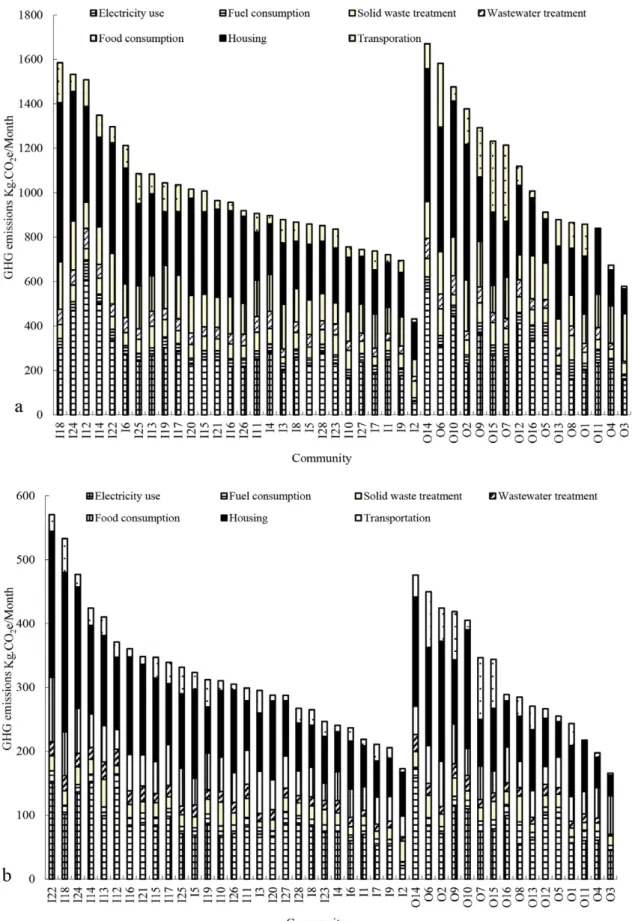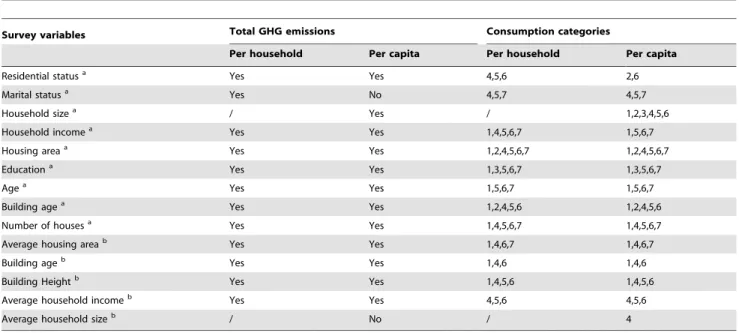Greenhouse gas emissions accounting of urban residential consumption: a household survey based approach.
Texto
Imagem




Documentos relacionados
Nas seções seguintes, a primeiro trata sobre a evolução das negociações agrícolas internacionais desde o Acordo Agrícola resultante da Rodada Uruguai até os desdobramentos das
Já não se trata de identificar se o currículo trabalha criticamente (ou não) os saberes das culturas afro-brasileiras e quais seus efeitos para o fortalecimento da identidade negra
Age, education level, occupation, living place, number of household members, and household income are factors related to PA participation, and are related to attaining the
To assess exposure factors, the variables that could be hypothetically associated with the outcome (mothers’ age and schooling, household per capita income, residential area,
Empirical results of the logistic regression model showed that education, household size, annual household income, access to information, credit and membership of farmer-based
Although comparison between Multi Objective Genetic Algorithm (MOGA) designed models and Multi-Layer Perceptrons (MLPs) and Support Vector Machines (SVMs) will take place,
METHODS: A cross-sectional household survey based on the World Health Organization Ear and Hearing Disorders Survey Protocol was conducted in 298 households in the urban area
The surveys conducted by the Brazilian Institute of Geography and Statistics (IBGE), such as the National Household Sample Survey (PNAD), the Household Budget Survey (POF), and
